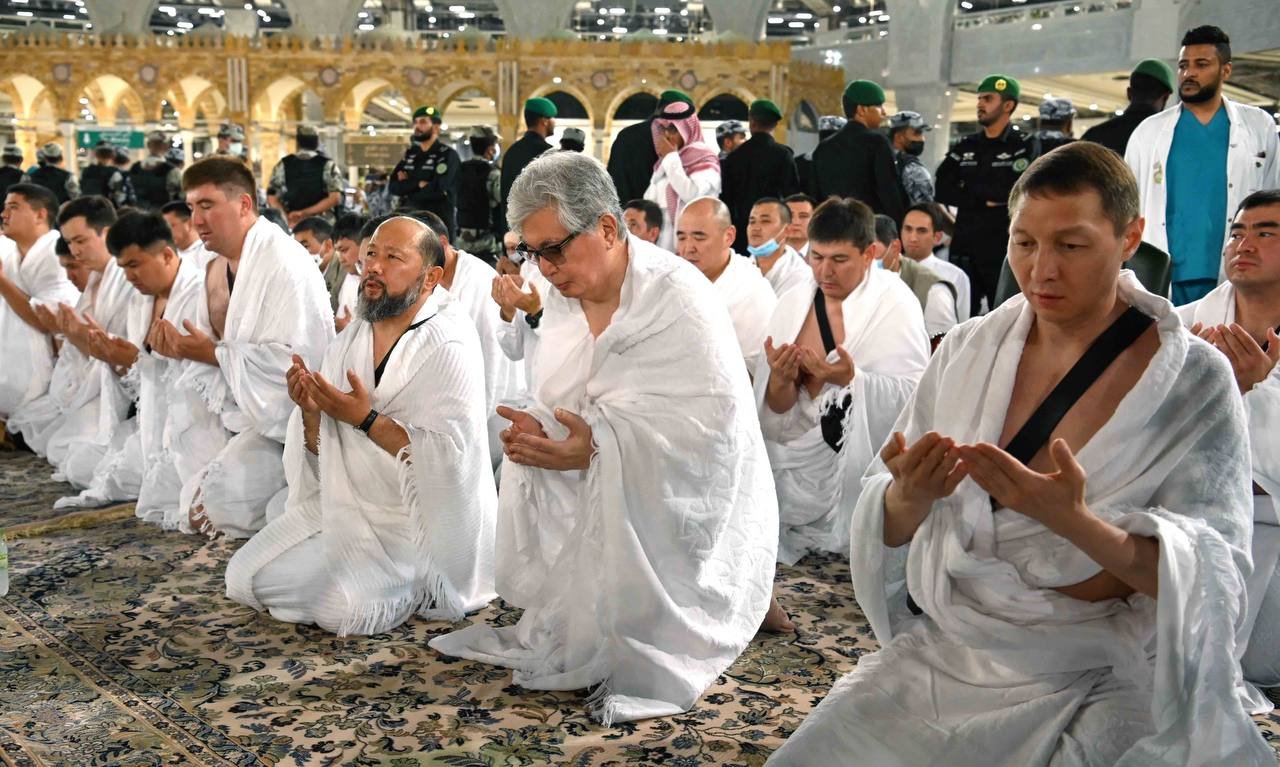A person chooses different ways in search the purpose of life, own place and mission in this world. Understands ideas of kindness and evil, tries to find the Truth and to understand its countless appearances. Hence there is an interest to Sufism – mystic and ascetic’s direction in Islam which has a great influence to the spiritual life of Muslim society. According to A. I. Artiomiev Sufism or Tasawwuf is mystic and ascetics direction in Islam where ethical and moral standards, mental life of a believer take the main place [1,476].
“Sufism, supposing that the knowledge of God is the main way of person’s existence, which in reality is understanding of the inner world, brings something eternal and sacred, connected with belief in endless human’s possibilities and with aspiration for the highest meaning of existence,”-B. I. Abirova writes [2, 28].
Origin of the word “sufi” is interpreted in different way in scientific sources: some of them think that it means “wool” because Sufi wore woolen clothes that was a special sign of asceticism; the others draw analogy to the Greek word Sophia that means wisdom; the third suppose that “sufi” comes from the word “safa” that means “clearness” or “sarfa” – “to be elected” [1, 476].
But not only the origin of this direction’s name in Islam has been staying veiled; the essence of Sufism itself has been staying a mystery throughout thousands of years. Among the reasons of Sufism origin in Islam may be mentioned: 1) social and political disorders during the first two centuries of Muslim community existence which bore escapist mood; 2) general complications in religious life accompanied by advanced ideological and spiritual striving; 3) influence of other religious systems and Christianity in the first place.
Spreading Islam, definite people, who did not belong to the house of Prophet, got great power and riches. They got a control over vast territories and lead a life of luxury and lived a comfortable life that shocked grassroots. Muhammad followers present in legends that they avoid all these luxuries, they preach modesty and strictness in habits that they were taught by Prophet. [3].
So Sufism is a difficult historical and genetic phenomenon of spiritual culture. Disclosure of spiritual person’s potential is a basement of it. And when the potential is opened a mode of life, a pattern of thoughts and perception of the world are interpreted through Sufism turning it into integral ideology, into unity of spiritual and material, mystical and rational, deific and human.
Sufism has a great number of persuasions and doctrines (brotherhoods). It is connected with the fact that some famous teachers of Sufism were allowed by the local rulers to organize own cloisters (tekke or zavia) in the X-th century which have got their names after their founder. System of these orders and brotherhoods was flexible and easily adopted to different social areas, conditions and geographical regions; it was possible for a pupil-murid living either with a teacher (dervish) or with a family at home.
Many Sufi orders are known in history. Depending on specific historical conditions, in different countries work those ones whose practice fit all conditions the best of all. So there were orders of Nukshbandia, Kadiria and Yassawia in Central Asia and Kazakhstan.
One of famous representatives of Sufism in Kazakhstan is Hodja Ahmad Yassawi. He was born in Sairam, near Shymkent in the 1103-rd year. His first spiritual teacher was sheikh Arslan-bab. After death of Arslan-bab, Hodja Ahmad has come to Bukhara and has passed a difficult way of Sufism cognition with Sheikh Hodja Usuf Hamadani and has got a right to explain the ways of the truth cognition.
On the one part we are able to affirm that Sufism in Kazakhstan is spread (formally) in a form of three tariqats. Yassawisky and Nukshbandyisky tariqats are professed by the Kazakhs, the Uighurs, the Uzbeks. Kadiryisky tariqat is professed by the Chechens and the Ingush. On the other side there are no official Sufi organizations following true Sufism in Kazakhstan. Definite organizations and associations which name Sufi themselves unfortunately have neither theory nor practice of Sufi. Nowadays tariqatism in Kazakhstan is in condition of collapse and there are not deep religious and philosophical works about Sufism. Sufism continues existing as social ideology or more exactly as form of introduction to Islam and Sufism understanding in a form of national or ritual Islam together with pre-Islamic local beliefs that finds their implementation in numerous folk healers and doctors’ activity using Islamic attributes. Therefore the educational activity in the question of Sufism explanation the DRMK and specialists in Islamic studies is very important as its true understanding is popularization of Islamic ideas and it leads to formation of tolerance, flexibility of thought, spirituality and constructive dialogue in population’s consciousness.
Source : Publishing House

















Add Comment